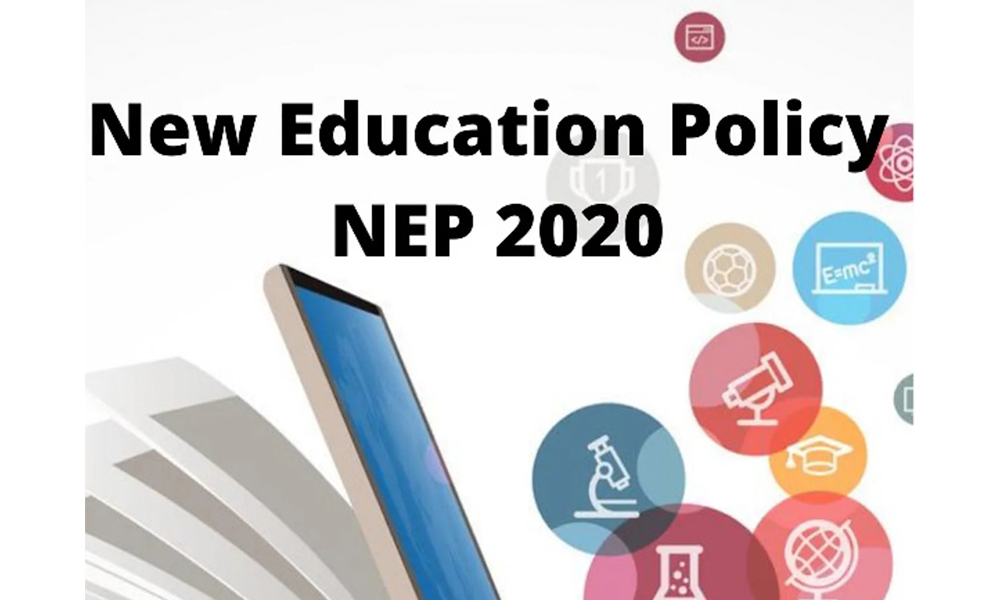The Pros and Cons of the new National Education Policy (NEP)
The new National Education Policy (NEP) by the Ministry of Human Resource Development looks very promising in the long run and the Ministry has also made the policy official. However, despite all the benefits that the policy promises like early childhood education, education of children with disabilities, and career path for teachers it has its own set of pros and cons.
The policy’s focus is on providing more humanistic approach to education, and relieving the stress of examinations among students. But its provisions fail to address the inherent inequalities that are there in the education system of India. These inequalities include lack of equal opportunities of education for all and the difference in standard of education received by people from different class, caste, creed or geographical backgrounds. Thus it makes it necessary that the Policy is in sync with theRight to Education (RTE) Act.
Focus on Ending the Commercialisation ofEducation
The policy aims to stop the commercialization of education with its focus on early childhood education etc. But on the other hand it will promote the privatization of education in the name of “alternative models of education” and “philanthropic” private schools.
Investment Required for the Success of the NEP
In order to ensure the success of the NEP, it is important that it gets the proper funding. India has still not been able to allocate 6% of the GDP on education as per the recommendation of the Kothari Commission over 50 years ago. So, it is very important that this policy gets the required funding and also major additional central investments by the government.
Importance of Citizens’ Role
NEP needs to strengthen the role of citizens in education. It should also focus on the importance of the role of school management and school complex management committees in the education sector.
The provisions of this Policy should be such that they are equally lauded by administrators, teachers, students, parents and communities. If all these stakeholders think and suggest that some of the provisions need to be changed, government should do so without compromising on the NEP’s humanistic vision and the constitutional principles of equality.
The adoption of the NEP by the cabinet is just the beginning of the decade-long journey and the success of the policy depends on how well it is implemented considering all its pros and cons. We all can hope for a better future of Indian education system with the success of NEP.




